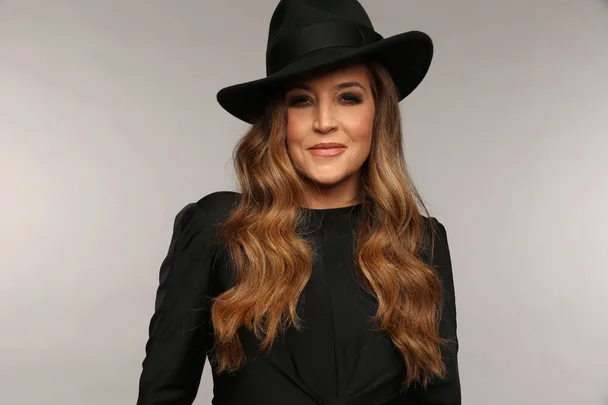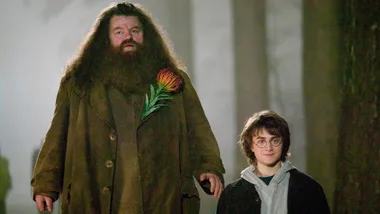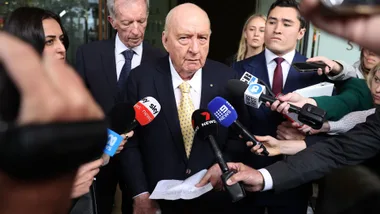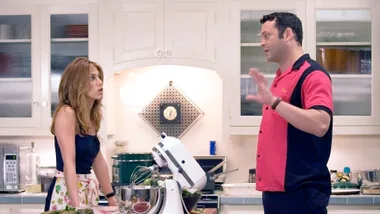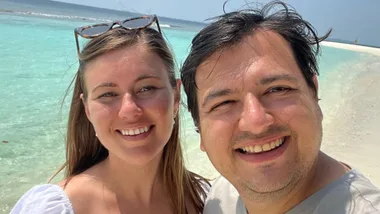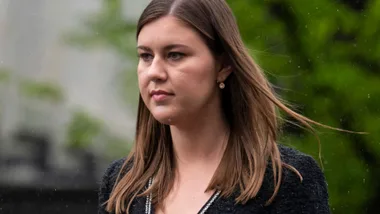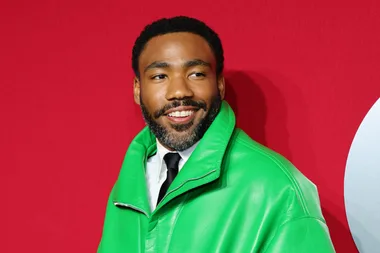There was not one single moment in her entire life when Lisa Marie Presley was not globally famous. Born on February 1, 1968—nine months to the day after her father, Elvis, married her mother, Priscilla—she not only inherited his fame and fortune but also those lips that helped make him possibly the most successful singer of all time.
When her father died in 1977, the world became even more fascinated with Lisa Marie. Would she carry on his legacy? Did she also inherit the voice? She was nine years old.
Elvis lived a fantasy life fuelled by enormous wealth. After he and Priscilla divorced, he spoilt their daughter rotten with kid-sized fur coats, a pony, theme parks shut down to everyone but her, and even a private jet (christened Lisa Marie) to fly her to play in the snowfields.
The King introduced his baby girl to his anything-goes world, and that included a nocturnal schedule of staying up all night, sleeping all day.
Credit goes to Lisa Marie’s far stricter mother. Priscilla set rules, even though Elvis ignored them, and she tried to protect their young daughter from the glare of publicity. But Lisa Marie didn’t miss out on any of the perks of her A-list gene pool. She’d see the band Queen at the end of the ’70s as a youngster and was given an audience with Freddie Mercury backstage, where she gifted the Elvis fan one of her late father’s scarves.
Inheriting an immense fortune—especially once Priscilla resuscitated the cash-strapped empire by opening Elvis’ Memphis mansion Graceland to tourists—brought Lisa Marie time. What we didn’t know in the decades before social media and celebrity stalking was that while Lisa Marie inherited her mother’s model cheekbones, she also struggled with her father’s addictions.
As a rebellious teen she developed a taste for weed, cocaine and the same kind of opioids her father took daily, delighting in shocking her mother. (But, remember, Priscilla was dating Elvis when barely a teenager.)
Priscilla apparently shipped the young Lisa Marie off to Scientology for their rehab facilities—the entry point for many celebrities who’d go on to praise Scientology and part with much of their wealth. Lisa Marie later left the church.
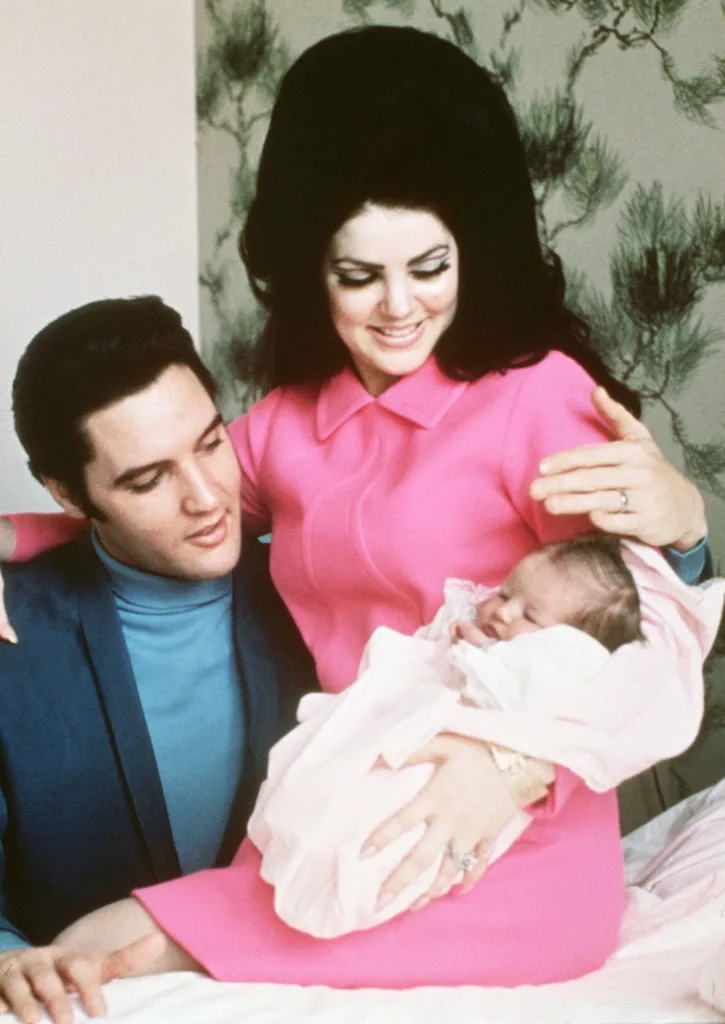
In 1988, a 20-year-old Lisa Marie married musician Danny Keough, who she had met in rehab. They’d go on to have two children, daughter Riley Keough, now a 33-year-old actor, and son Benjamin Keough, who took his own life in July 2020, aged 27.
The media gleefully reported that just weeks after divorcing Keogh in 1994, Lisa Marie would marry Michael Jackson. Yes, the King of Pop wed the daughter of the King. It was so unbelievable many simply couldn’t accept it wasn’t a stunt—including a disapproving Priscilla—especially given Michael was in the throes of defending himself against claims of sexually abusing children.
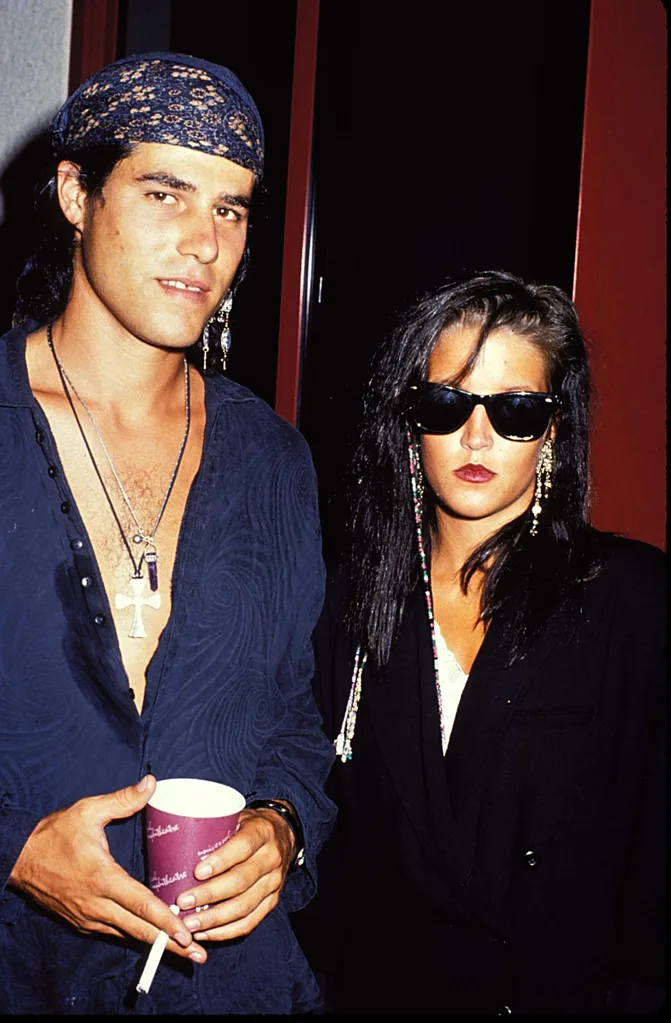
In 2002 she made more headlines when she married actor Nicolas Cage, a lifelong Elvis fan. She liked that he’d changed his surname to distance himself from the Coppola family film dynasty—she’d toyed with the idea of not using the Presley name for her music career, but figured nobody would be fooled.
Lisa Marie claimed the media exaggerated Cage’s Elvis fascination, but the marriage didn’t last beyond 107 days because “one pirate shouldn’t marry another”.
In 2003, Lisa Marie surprised everyone when, aged 35, she finally released her first album, To Whom It May Concern. She had actually signed her record deal nearly five years earlier and had even turned down another one a decade before. She knew that first impressions were crucial. “I didn’t want to learn the ropes publicly,” she told Playboy. “I couldn’t afford that.”
She worked with songwriters who had helped Alanis Morissette find her voice – and she did have the rasp from her father, singing words she’d penned over many years. The main problem was scouring through her lyrics to find the least dark ones that radio stations might play. “I’m too extreme for people to have a mediocre reaction,” she had said.
In interviews she stated she had no desire to be a pop star, noting, “I’ve had plenty of money and attention; I’m doing this for credibility.”
While she would achieve a modest level of musical credibility, the private-life attention she loathed would never leave her. But for the first time in her life she was doing interviews because she had something to talk about that wasn’t her “upbringing”.
Lisa Marie toured Australia in 2004, something her father never managed. Journalists were warned that questions about her father and ex-husbands were off limits. Yet as she was refreshingly honest, the topics usually came up anyway. While her album sold modestly by Elvis standards, it did achieve critical acclaim.
Lisa Marie was hiding her past in plain sight. The hit single Lights Out was about her father and living her life surrounded by his legacy (the chorus says Memphis is “where my family’s buried and gone”).
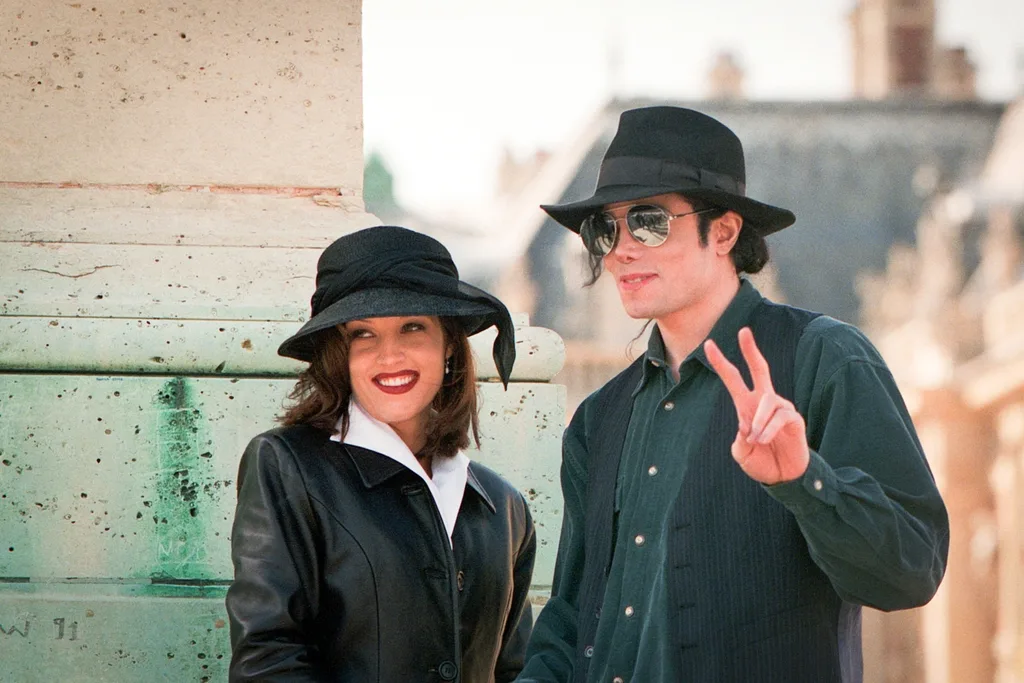
There aren’t many people who get to launch a music career at 35, let alone sing in public for the very first time at that age, but Lisa Marie’s surname meant she’d never been able to cut her teeth on the live circuit like most musicians.
Obviously her audience was filled with curious Elvis fans, but she’d run her career on her own terms and her own timetable.
Lisa Marie’s second album, Now What, came out in 2005. It featured a duet with Pink, the two becoming fast friends. Her third and final album would arrive seven years later: Storm & Grace, on which she worked with UK indie musicians for a change of scenery. It barely scraped into the US Top 50.
Priscilla had warned her that while the family name could open doors, it could shut them just as fast. Being the child of a household name may secure a healthy bank balance and guarantee attention, but success isn’t a given.
Julian and Sean Lennon are still haunted by the life and death of their father, John. Paul McCartney’s son James has dabbled in music, while his daughter Stella wisely forged her own path in fashion.
And for every Miley Cyrus, whose fame is on track to eclipse that of her father, Billy Ray, there’s a Jakob Dylan, Ziggy Marley or Nancy Sinatra, who found that a famous surname added a unique level of scrutiny that never went away.
While many fight it, Lisa Marie would come to embrace her lineage. Just like Natalie Cole, whose biggest hit came from duetting with her late father, Nat King Cole, Lisa Marie would use the power of technology to duet with her father several times, including on “In the Ghetto” in 2007 to mark the 30th anniversary of his death.
Sources claimed Lisa Marie had inherited several of her father’s bad traits: extreme spending habits, questionable business decisions and costly lawsuits. She controversially sold 85 per cent of the Elvis estate for some $US100 million in 2004, but Graceland remained hers to pass on to her kids.
However, a bitter split in 2016 from fourth husband, guitarist Michael Lockwood (they had married in 2006 and in 2008 had announced the birth of their twin daughters, Harper and Finley), reportedly put a significant drain on her finances at a weak point in her life.
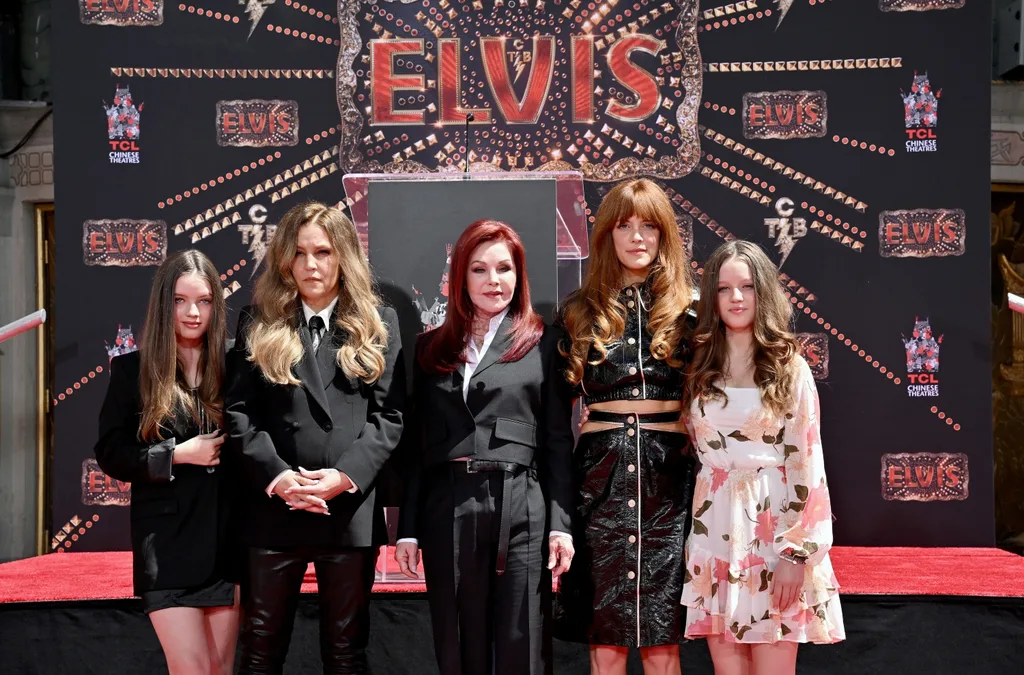
At age 45, Lisa Marie became hooked on opioid painkillers, which had been prescribed after the birth of her twins. She would later open up about her addiction, noting in 2019 that even watching drugs end the lives of her father and ex-husband Michael Jackson couldn’t stop her falling prey to the epidemic.
“It is time for us to say goodbye to shame about addiction,” she said. “We have to stop blaming
and judging ourselves and the people around us … That starts with sharing our stories.”
In 2022, Baz Luhrmann’s lavish biopic Elvis rebooted her father and her family for a new generation. It was made with the family’s blessing, without whitewashing their history, and Lisa Marie resurfaced on red carpets to praise the film.
That was where the world last saw her: not at her best but still leaving home to promote the movie, support her family and greet her fans. The fans were worried about her and sadly their fears were valid. Lisa Marie died on January 12, 2023, just three weeks before her 55th birthday, after suffering a cardiac arrest.
In her final Instagram post, in August 2022, Lisa Marie said the death of her son two years earlier had “destroyed” her. She wasn’t exaggerating. She wrote an essay about grief, noting the topic was uncomfortable but must be discussed.
“Grief is something you will have to carry with you for the rest of your life. You do not get over it, you do not move on, period,” she wrote. “I’ve dealt with death, grief and loss since the age of nine. I’ve had more than anyone’s fair share of it in my lifetime and somehow I’ve made it this far. Death is part of life –whether we like it or not – and so is grieving.”
In the song “Lights Out”, Lisa Marie sang about Graceland’s “damn back lawn”. “How many people have a family grave in the backyard?” she asked when it was released. “How many people are reminded of their fate, their mortality, every fucking day? All the graves are lined up and there’s a spot there, waiting for me, right next to my grandmother.”
She’s now buried next to her son, Benjamin, a reminder to the world of the extreme highs and crushing lows of being a part of the Presley family, and its continued curse of grief.
This story originally appeared in the April issue of marie claire Australia.
